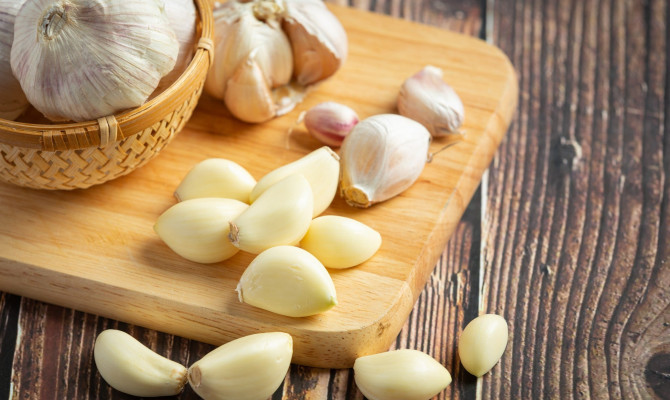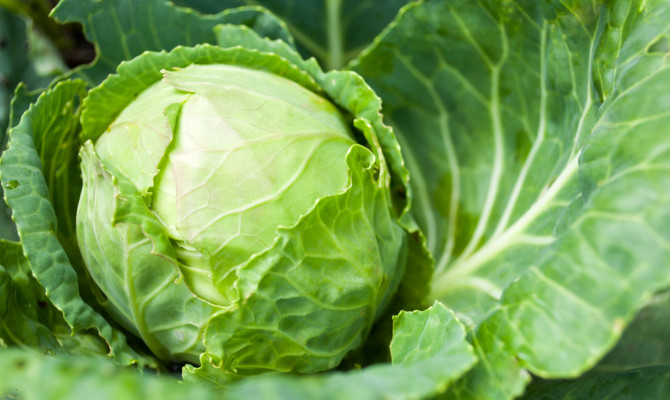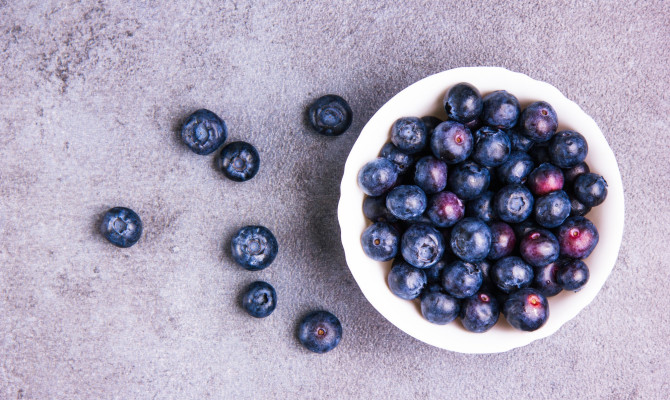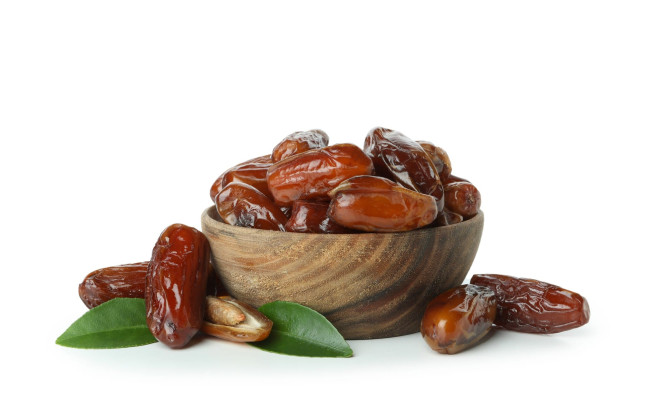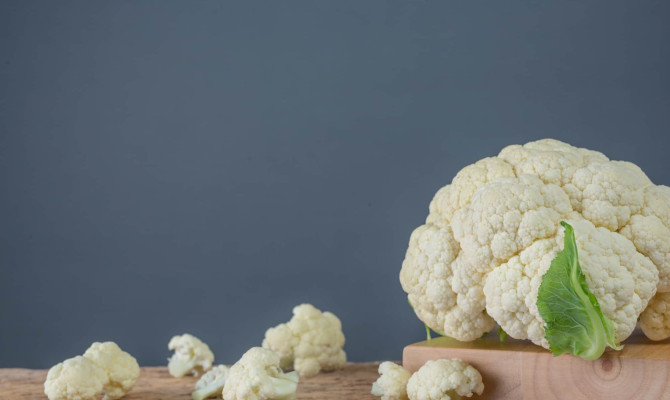All about Gooseberry: Nutrition, Benefits and Side effects

- Gooseberry
- 22 Aug 2023
Overview
About Gooseberry
Gooseberry refers to fruit from the flowering plant genus Ribes. “Ribes uva-crisps”, its scientific name, is another name for it. They are tiny, spherical berries that generally have a one-centimeter diameter. They taste sweet and sour together.
As we explore the exciting world of this fruit, we’ll set out on a journey of discovery in this article. We will learn about its nutritional makeup, health advantages, and the numerous ways to include it in our diet.
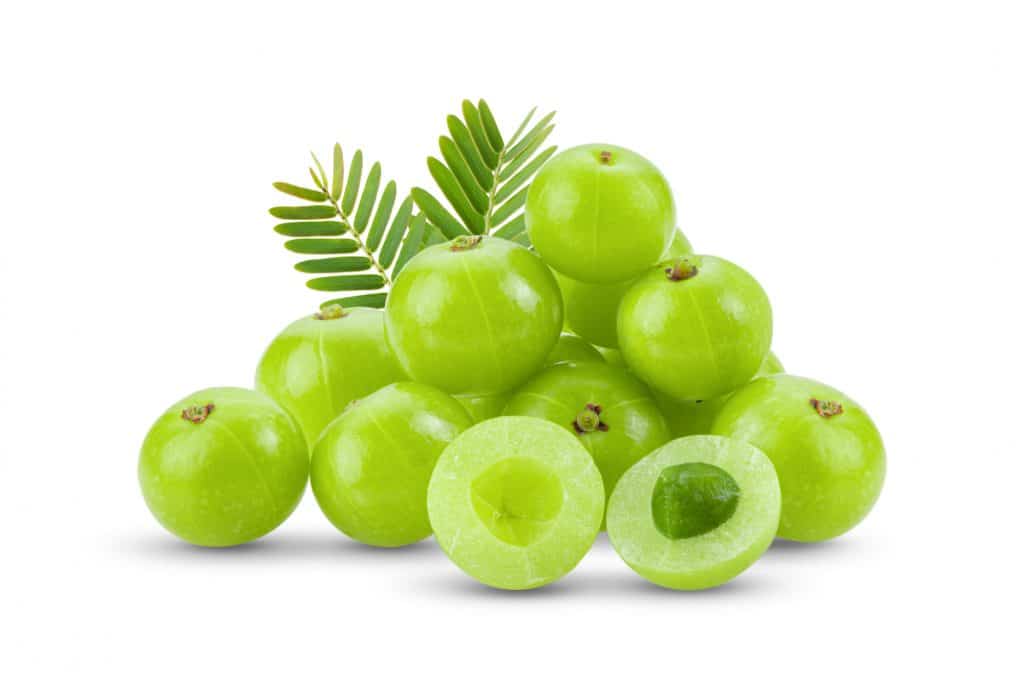
Nutrition profile
Nutrition profile of Gooseberries
Here is a general overview of the nutrition profile of gooseberries per 100 grams (3.5 ounces) of raw berries:
- Calories: 44
- Carbohydrates: 10 grams
- Dietary fiber: 4.3 grams
- Sugars: 4.3 grams
- Protein: 1 gram
- Fat: 0.6 grams
- Vitamin C: 27.7 milligrams (about 46% of the recommended daily intake)
- Vitamin A: 290 international units (IU)
- Vitamin K: 20.2 micrograms
- Calcium: 25 milligrams
- Iron: 0.6 milligrams
- Potassium: 198 milligrams
Gooseberries are well-known for having a lot of vitamin C. They also include tiny amounts of calcium, iron, potassium, vitamins A and K, as well as dietary fiber, which aids with digestion. They contain little fat and calories.3Nutrition| Researched based study from Usda.gov
Health benefits
Gooseberries Health benefits
Let’s explore some of the notable health benefits associated with it:
- Rich in antioxidants
- Boosts immunity
- Enhances digestive health
- Supports eye health
- Anti-inflammatory properties
- Hydrates skin
Rich in antioxidants
- They include lots of antioxidants, like vitamin C, which help stop the body from being harmed by free radicals. They boost the body’s natural defense mechanisms, lessen oxidative stress, and may even minimize the risk of developing chronic diseases.
Boosts immunity
- They are well known for their ability to strengthen the immune system due to their high vitamin C content. It is crucial for expanding the immune system, producing more white blood cells, and enhancing the body’s resistance to infection and disease.
Good for digestion
- They are a great source of dietary fiber, which helps digestion and improves overall health. It increases the filling power of food, promotes regular bowel movements, and helps to prevent constipation. Additionally, it promotes the development of good gut flora, improving digestion in general.
Promotes eye health
- Vitamin A, which is found in gooseberries, is beneficial for eye health. Maintaining clear vision and preventing age-related macular degeneration and other eye diseases are both made possible by vitamin A.
Heart-healthy foods
- These berries are rich in fiber and potassium, which are heart-healthy elements. In addition to maintaining appropriate blood pressure levels, fiber helps lower cholesterol levels, lowering the risk of heart disease.
Anti-inflammatory properties
- They have anti-inflammatory qualities that can aid in lowering inflammatory responses in the body. Among the diseases associated with persistent inflammation are heart disease, arthritis, and various cancers.
- They help reduce inflammation and advance general health.
Skin hydration
- Due to their high vitamin C concentration, they have advantages for the skin. It is necessary to produce collagen, a protein that supports skin suppleness and preserves a youthful appearance. Consuming gooseberries may also improve skin health, lowering aging symptoms and promoting all-around skin health.1Health benefits| Researched based study from Sciencedirect.com ,2Health benefits| Researched based study from Nlm.nih.gov
Side effects
Gooseberry side effects
They are generally safe to eat and rarely have any adverse side effects. However, some people who consume them might develop moderate responses or stomach problems.
Here are some possible negative consequences:
- Allergic reactions
- Digestive discomfort
- Oxalate content
Allergic reactions
- They are related to other berries like strawberries and raspberries in their family. It can trigger allergic reactions in people who are already known to be allergic to them, including hives, swelling, itching, and breathing difficulties.
- It is advised to avoid them if you think you may be allergic to them and to seek additional testing from an allergist.6Side effects| Researched based study from Ijpsr.com
Gastrointestinal discomfort
- After eating them, some people could feel uncomfortable with their digestion, especially if they eat a lot.
- This may involve signs including pains in the stomach, bloating, gas, or diarrhea. It is recommended to start with low doses, monitor your body’s response, and then gradually increase intake.7Side effects| Researched based study from Nlm.nih.gov
Oxalate content
- Gooseberries, like certain other fruits, contain oxalates, which, in sensitive individuals, can form crystals and aid in developing kidney stones. It is advised to consume them in moderation and seek medical advice if you have a history of kidney stones or are predisposed to getting them.8Side effects| Researched based study from Researchgate.net
Tips
How can Gooseberries be incorporated into your diet?
Fresh
- Enjoy them on their own as a nutritious snack. Eat them raw after giving them a thorough rinse and removing any stems. For more sourness, combine them with other fruits in a fruit salad.
Smoothies
- For a tart twist, add it to your preferred smoothie mix. They can be blended with yogurt, bananas, berries, and your preferred drink (milk, almond milk, or coconut water).
Preserves and jams
- They can be transformed into delectable preserves, jams, or jellies. When they soften and release their natural pectin, cook them with sugar and lemon juice. This can be used for baked items, spread on toast, or topping for pancakes or yogurt.
Desserts
- They can be a part of many different treats. To make a tart and sweet dessert, bake them in pies, crumbles, or pastries. Additionally, they can be included in fruit cobblers or compotes.
Sauces and chutneys
- They can be boiled down to make tangy sauces and chutneys by adding sugar and spices. They can be used as tasty toppings for grilled fish or as a side dish for roasted meats and cheese platters.
Syrups and juices
- You can extract the juice by heating and straining the combination or using a juicer. The juice can be consumed on its own or in a wonderful beverage made with water or sparkling water. A syrup can be made similarly and drizzled over pancakes, waffles, or ice cream.
Pickling
- They can be pickled in vinegar, herbs, and spices. These can be used as a tangy condiment or as an addition to salads and sandwiches.
Interactions
Interaction with medications
Warfarin
- Since they are such a good source of vitamin K, they can help to balance out warfarin’s anticoagulant effects. While taking warfarin or other anti-platelet medications, regularly consuming significant amounts of gooseberries may reduce the effectiveness of the treatment.4Interactions| Researched based study from Nlm.nih.gov
- To ensure optimal administration of your drugs, it is crucial to maintain a constant intake of foods high in vitamin K and to speak with your doctor.
Diabetes medications
- People taking oral hypoglycemic or anti-diabetic medications like insulin should exercise caution because they may drop blood sugar levels.
- Combining these with gooseberries may result in a severe drop in blood sugar and hypoglycemia.5Interactions| Researched based study from Nlm.nih.gov
Any feedback on this article?
 This Articles content was accurate
This Articles content was accurate Very Informative Article
Very Informative Article I have a question or a comment
I have a question or a comment
 This article contains inaccurate content
This article contains inaccurate content This article was not helpful
This article was not helpful I have a question or a comment
I have a question or a comment
We appreciate your helpful feedback!
Checkout our social pages
References
-
Science Direct
Indian gooseberry | Benefits
-
National Library of Medicine
Functional and Nutraceutical Significance of Amla (Phyllanthus emblica L.): A Review | Benefits
-
U.S. DEPARTMENT OF AGRICULTURE
Gooseberries, raw | Nutrition
-
National Library of Medicine
A systematic review on the cardiovascular pharmacology of Emblica officinalis Gaertn | Interactions
-
National Library of Medicine
Effect of Amla fruit (Emblica officinalis Gaertn.) on blood glucose and lipid profile of normal subjects and type 2 diabetic patients | Interactions
-
International Journal of Pharmaceutical Sciences and Research
SEPARATION AND ESTIMATION OF COMPONENTS PRESENT IN EMBLICA OFFICINALIS: A PRELIMINARY INVESTIGATION ON ALLERGIC REACTIONS | Side effects
-
National Library of Medicine
Possible adverse health effects of vitamin C and ascorbic acid | Side effects
-
Research Gate
Oxalate content of eleven indigenous Thai plants | Side effects












